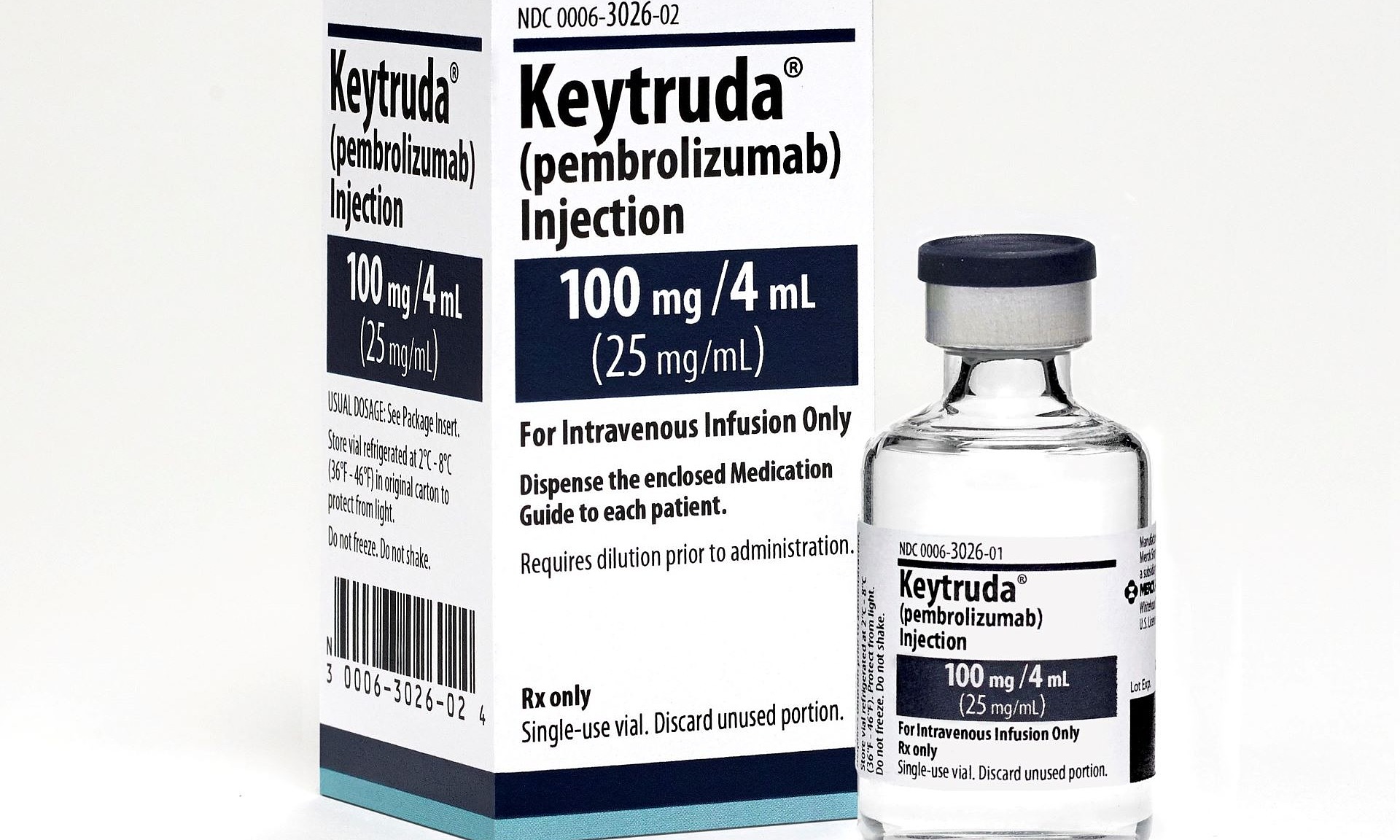Generating sales of over US$146 billion in the last ten years, Merck, a leading American pharmaceutical company, has seen its Keytruda beco...

Generating sales of over US$146 billion in the last ten years, Merck, a leading American pharmaceutical company, has seen its Keytruda become the top-selling cancer medication globally.
Revenue is projected to reach $31 billion this year, surpassing all other medications, with Ozempic, which is utilized for managing type 2 diabetes, coming in second, as reported by the data platform Statista.
Its achievement is due to an innovative approach that was honored with the 2018 Nobel Prize in Physiology or Medicine.
Rather than directly targeting tumors as traditional chemotherapy or radiation do, Keytruda is part of a group of immunotherapy medications that function as a switch to "activate" the body's natural immune system.
Researchers James P. Allison and Tasuku Honjo uncovered how cancer cells avoid being recognized by generating a protein that delivers a misleading message to T-cells: "I am like you; do not attack." T-cells are vital white blood cells involved in combating infections.
 |
| Keytruda, manufactured by Merck. Photo provided by the company |
Keytruda inhibits this process. By "removing the restrictions" from the immune system, it allows T-cells to become active, helping them recognize and eliminate cancerous cells more efficiently.
This advancement resulted in the U.S. Food and Drug Administration and various international health regulatory bodies approving over 40 therapeutic uses.
The drug has a broad therapeutic scope, including common cancers such as non-small cell lung cancer and melanoma, as well as challenging types like triple-negative breast cancer.
Its capacity to enhance overall survival and postpone disease advancement has established Keytruda as a primary option in numerous cancer treatment protocols across the globe.
Former U.S. President Jimmy Carter was among those who received the medication. In 2015, when he was 91 years old, he was found to have melanoma that had spread to his brain and liver, with a very poor outlook.
Nevertheless, following treatment with Keytruda immunotherapy, he achieved full remission and became a worldwide emblem of the drug's capabilities.
However, even with its success, Keytruda poses a significant issue: adverse effects. Intense stimulation of the immune system may result in situations where T-cells erroneously target healthy organs, causing serious inflammation in the lungs, intestines, liver, or endocrine system.
Timely and specific medical care is essential. Research indicates that 15–30% of individuals receiving immune checkpoint inhibitors face moderate to severe adverse effects.
In the United States, a single three-week treatment cycle with Keytruda exceeds $12,000.
In Vietnam, where the drug was legalized in 2017, a single vial is priced between VND55 to 65 million ($2,087 to $2,466), and complete treatment courses can reach hundreds of millions or even billions of dong.
Since the drug is not included in the national health insurance coverage, the full expense must be covered by the patient.
To ease this load, a Keytruda support initiative for 2024–26 is being launched across almost 50 hospitals throughout the country, as stated by the Ministry of Health. However, it operates under a co-payment system.
New options are being developed. Biosimilars, which are similar to the original medication in structure and effectiveness but manufactured at a reduced cost after patents expire, are anticipated to make a significant impact.
Merck has introduced an updated version of the medication, known as Keytruda Qlex, which has recently received approval from the U.S. FDA.
Pembroria, a biologic similar developed in Russia, has received approval in various regions, including Vietnam.
A vial is priced at VND18 million, but it is not included in health insurance coverage. Specialists believe that growing competition from biosimilars is anticipated to lower costs and enable broader access to advanced immunotherapy in developing and middle-income nations.



